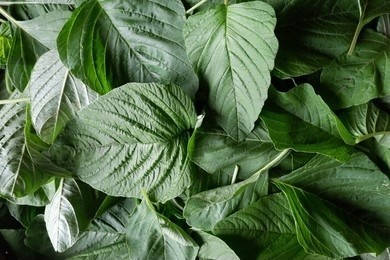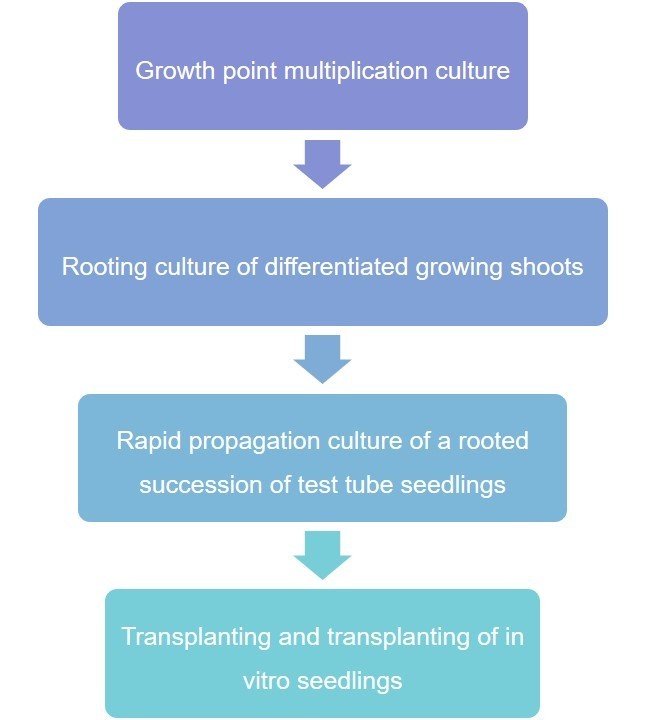Amaranthaceae Plant Tissue Culture
 The green leaves of Amaranthaceae plants
The green leaves of Amaranthaceae plants
There are many species of Amaranthaceae plants with
different propagation methods, and we can use tissue culture technology to
get high-quality seedlings for research and gardening in a short time.
The family Amaranthaceae includes about 165 genera and 2040 species of plants, mostly herbs or shrubs, rare trees, or vines. Amaranthaceae plants are widely distributed worldwide, generally in subtropical and tropical regions, but many species are also found in temperate and even cold-temperate regions. Many species can grow in saline soils, some are weeds, and some are flowering species.
- As edible plants
- As ornamental plants
- As a resource for forage development
- As plant lectins
Amaranthaceae plants have high scientific research value, good market prospect, good economic benefits, and great potential for comprehensive processing and utilization, and have broad prospects.
Tissue culture service
Some of the Amaranthaceae plants are widely used flowers, medicinal species, etc. Seedlings are in great demand, but the seeds mostly need to be imported and the price is high. Therefore, Lifeasible carried out the establishment of in vitro fast propagation and test-tube seedling flowering system for Amaranthaceae plants to achieve the purpose of fast propagation of Amaranthaceae plants.
We generally use hypocotyl, cotyledons, stem segments, and seeds as explants and MS, l/2MS, or l/3MS as the basic medium. Hormones are important regulatory factors in the in vitro fastidious propagation of plants. Suitable hormone types and their ratios play an important role to promote differentiation to induce buds in primary culture, to ensure reproduction coefficient in secondary culture, and to promote better rooting of plants in rooting tests. Therefore, we will add different concentrations and ratios of BA, KT, IBA, NAA, and 2,4-D to the basic medium for the tissue culture of Amaranthaceae plants.

We will take the material at the most suitable period of plant growth when we perform Amaranthaceae tissue culture fast-breeding because the survival rate of tissue culture seedlings will be high if the plants grow well, have few pests and diseases, and have high physiological activity. The survival rate of tissue culture seedlings of some Amaranthaceae plants has obvious seasonality, so the optimal season is also one of our considerations.
You want to sign a confidentiality agreement.
You have a specific plant species for your experimental needs.
You have a reliable and relevant cooperation project to discuss.
You are very interested in our project or have any questions.
You need an updated and detailed quotation.
For research or industrial use.

 The green leaves of Amaranthaceae plants
The green leaves of Amaranthaceae plants

